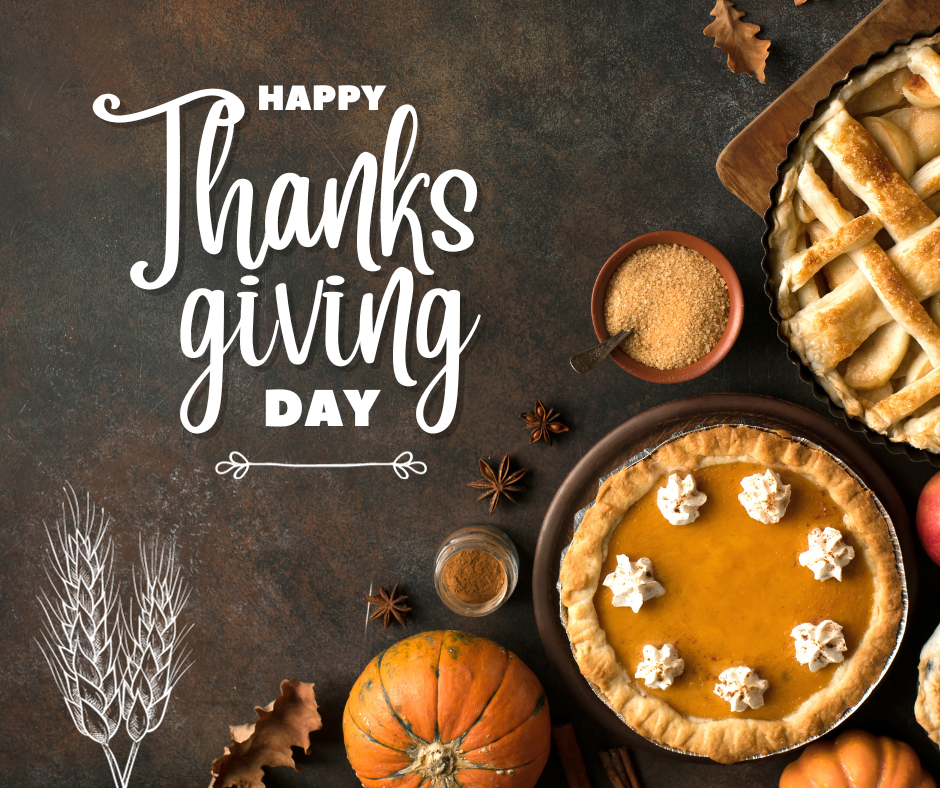
During the typical job search, we say “thank you” quite a bit. We thank each other for our time, interest, and consideration. We start emails with “thank you for meeting with me,” when what we really mean is “Please let me demonstrate for you how much I want this job.” No matter which side of the desk you have spent most of your time on, you will probably agree that most of the “thank yous” we exchange during this process are more formalities than genuine expressions of gratitude.
That’s OK. Formalities exist from a shared desire to create a kinder, more polite society. There’s nothing wrong with that.
But as a career coach, I can’t help but see gratitude as just one more thing about the job search that has become automatic.
Think about it – robots scan your resume, translate your video interview, and assign you a ranking based on criteria that even the most experienced coaches can’t completely understand.
If we are brave enough to admit it, even our “thank yous” are more attempts to gain “points” for our business communication skills than genuine expressions of gratitude.
So what’s my point?
No, I’m not here to recommend you stop saying thanks after an interview or phone screen. If you’re one of my clients, you know the emphasis I put on the follow-up.
I am here to suggest that we can stand to make the job-searching process a bit more human. And like it is with so many other things, gratitude is a great place to start.
Thank You for Your Time – Putting Yourself in the Other Person’s Shoes
When I’m working with clients, I typically advise them to learn as much as they can about the people who will be interviewing them so they can best empathize.
When I’m working with recruiters and decision-makers, I ask them to see the candidate’s human side – to look both at their potential and their past.
Gratitude plays an important role here. Oftentimes, candidates and decision-makers alike go into an interview with an us vs. them mentality. Candidates feel that they need to convince decision-makers of their worth. Decisionmakers are primed to see through the “wool” the candidate might be trying to pull over their eyes.
Instead, no matter which side of the desk you are on, I recommend visualizing you and the interviewer as a united front before going into the interview process. Consider that you both are doing your best to identify an individual who will improve the company’s ability to serve others.
Here’s where it helps to be grateful. Remember that the interviewer or candidate is an individual – just like you. An interviewer likely has a busy schedule with many deadlines to meet. They* want to make the best decision possible. They might be facing challenging situations in their professional or personal life. They are willing to give you some of their time – to put everything on hold and learn about you as a person. Be grateful for that.
A candidate is under at least a little – but probably a lot – of stress. They might find interviews to be, at best, challenging and, at worst, panic-inducing. They might be under quite a bit of pressure to find a new job. They likely had to take a day off work for this interview, and they are also probably facing challenges at home. And yet, here they are, wanting to contribute their unique strengths to the collective good of the organization. Be grateful for that.
I am of the opinion that each person we meet is a teacher in our lives. We learn something new from each interpersonal interaction, personality, mindset, and individual we encounter. If nothing else, this interview offers the opportunity for both candidate and interviewer to engage in yet another lesson. That alone, is something to be grateful for.
A Pre-Interview Gratitude Practice Makes a Difference
I will always suggest meditation as a way for both interviewers and candidates to clear their minds prior to an interview. However, I would like to recommend a particular kind of meditation this time – a meditation of gratitude, in which you hold the other person or persons in a space of compassion, list all the ways in which you are grateful for them, and silently express that gratitude – either to yourself, or if you pray, to the force greater than yourself with whom you typically communicate.
If this email seems a little woo-woo to you, you might want to get used to it. Sure, I know a lot about careers and professional success, but there’s a reason for that success – and that reason has just about everything to do with gratitude, love, and spiritual practice.
And if you’d like to talk more about how gratitude can help you succeed, book a call here: https://morleycareersolutions.com/contact/ or text me at 708-730-4694.
* Morley Career Solutions uses the singular “they” intentionally as a non-gendered pronoun to promote inclusivity.
